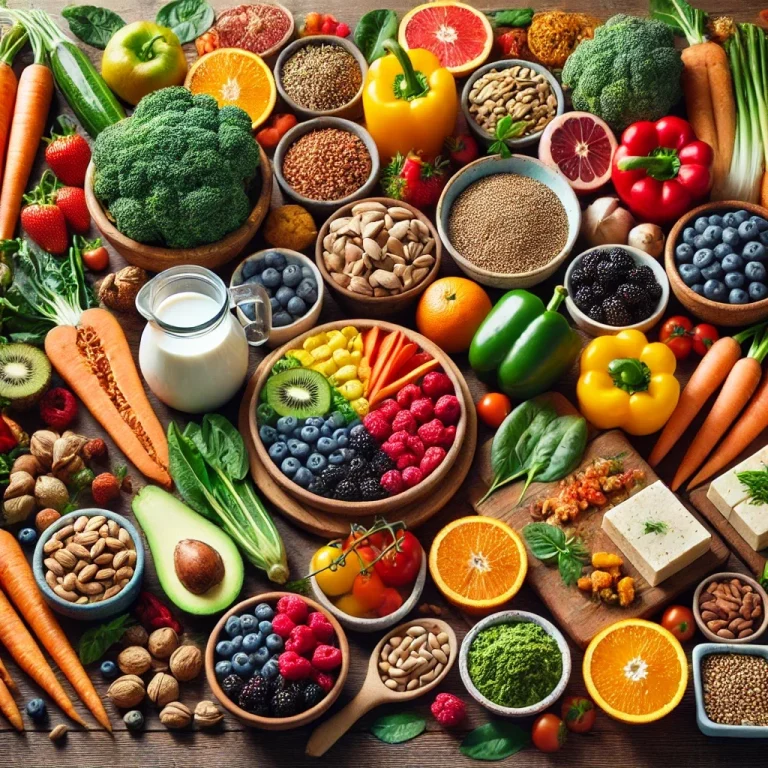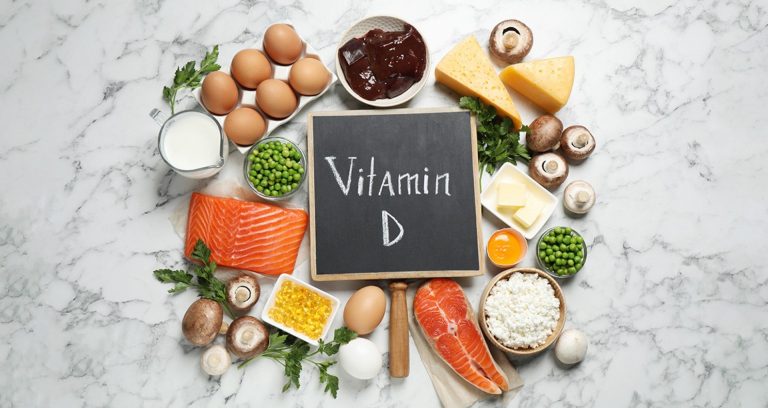My Naturopathic Health insights
This is my Blog section, here I will share tips, advice, general musings on all aspects of naturopathic health.
Please check back here regularly for regular help and advice and links to other useful resources to help you on your health journey.
06/11/24 Vegan or Non-vegan?
Is your diet balanced? Be aware of the vitamins, minerals and nutrients your body needs and which foods are going to provide them to you, and people’s nutritional needs can wildly differ, age, sex, weight, climate they live in, medical conditions especially the health of your gut, can all affect nutritional needs.
Your gut health is of paramount importance because without proper health of your digestive system, it does not matter if you are eating the healthiest choices on both sides of the vegan/non-vegan diet, your body will not absord what it needs for a healthy life.
To achieve a healthy gut, avoid foods that might be bad for your gut, such as processed food, foods high in refined sugars, fried and fatty foods, and include foods good for your gut, those containing pro-biotics ( bacteria) , pre-biotics ( food for the bacteria) , polyphenols, fermented foods, fibre. Good quality protein intake is also something that you will need to closely monitor within your diet, as adequate protein is crucial for health and longevity.
Avoid ultra-processed foods, whether you’re at the supermarket freezer picking a frozen chicken burger or vegan veggie burger covered in seed oils, they are equally as bad. Ultra-processed foods are known to disrupt your gut microbiome and increase the risk of chronic diseases and mental health issues and tend to be high in sugars and unhealthy fats, low in nutrients and high in chemicals, additives and preservatives.
Steer clear of seed oils, which are high in Omega-6 fatty acids, are highly industrially and chemically processed and prone to oxidation and cause far reaching gut and whole body inflammation including the brain, instead choose oils such as olive, avocado or coconut.
Always try to pick organic, non-GMO fruit and vegetables which are better for your gut and have a higher nutrient content and less pesticides, chemicals and synthetic fertilizers.
Choose sourdough bread as a healthier option than regular bread. Sourdough is healthier as the gluten in sourdough has been changed by the sourdough process, making it easier to digest. Choosing an organic , non-GMO option will further help towards the fact that the sourdough is less likely to cause you gut issues, as glyphosates in the wheat contributes greatly to the negative effects of wheat in susceptible individuals.
All the things I have mentioned contribute to whether your diet is healthy or not, and all are equally as applicable to both vegans and non-vegans. So whether your diet is vegan or non-vegan isn’t really the determining factor, it is whether you adopt and follow a healthy lifestyle and diet that is really important.


In recent years we have seen an increase in the number of people deciding to follow a vegan lifestyle and follow a plant-based diet for a variety of reasons.
A much debated topic is, which is the healthier diet to follow, vegan or non-vegan, and indeed it is a question I have been asked myself.
My answer is neither, or both!
The core fundamentals of a healthy diet apply equally whether you are following a vegan diet or one that includes meat, fish and dairy.
04/10/2024 - Eat Healthier Bread
Nothing tastes better than freshly baked bread out of the oven, but not all bread is created equally, in terms of how healthy they are for you, especially if they are mass produced store bought containing many preservatives and chemicals.
Sourdough bread is delicious, but not only is it delicious, it is a healthier option for your gut, especially if you bake it yourself.
Overall sourdough bread is a more nutritious and gut friendly option than regular commercially produced bread, mainly due to it's unique fermentaion process and here's why it is better for you.
1) Easier to digest - Sourdough is made using natural fermentation with wild yeast and lactobacilli. This fermentation process breaks down gluten and other compounds, making it easier for some people to digest, even those with mild gluten sensitivities and it also helps break down phytic acid, an antinutrient.
2) Lower Glycaemic Index - Sourdough has a lower G.I. compared to regular bread, meaning it causes a slower, more stable rise in blood sugar levels. This makes it a better option for people managing blood sugar levels, including those with type 2 diabetes.


3) Improved gut health - The lactic acid bacteria in sourdough produce prebiotics during fermentation, which help support gut health by feeding beneficial bacteria. Some strains of these bacteria also survive in the gut, further promoting a healthy microbiome.
4) Rich in anti-oxidants - The fermentation process in sourdough increases the bread’s antioxidant content. Antioxidants help protect the body from oxidative stress and inflammation, which can contribute to chronic diseases.
5) Fewer preservatives - Sourdough bread is often made with just a few natural ingredients (flour, water, and salt). The natural acids produced during fermentation also act as preservatives, giving sourdough a longer shelf life without the need for artificial preservatives.
6) Increased nutrient availabilty - The breakdown of phytic acid increases the availability of essential minerals. The fermentation process enhances the bioavailability of nutrients like B vitamins and minerals.
7) Gluten sensitivity - the fermentation process partially breaks down gluten which can help the gluten be tolerated more for people with a gluten sensitivity

Overall, sourdough bread is often a more nutritious and gut-friendly option than regular, commercially-produced bread, but is also delicious.
The long fermentation of sourdough enhances its flavor and texture.
It is easy to make with just 4 ingredients, sourdough starter, flour, water salt, and no kneading required, there are countless recipes online, why not have a go at baking your own.
The pictures you see are of a loaf I baked this morning, use the contact form if you'd like me to email you the recipe and instructions.
24/09/24 Are you getting enough Vitamin D3?

Yesterday here in the UK it was a dark, damp misty miserable kind of day.
It reminded me that we are into Autumn now with winter fast approaching, and short gloomy
days lie ahead, and winter cold and influenza season.
For those of us that live in Northern latitudes, the lack of winter sunlight can contribute to many
of us having lower levels of Vitamin D3 than we ideally should have.
Vitamin D3 performs many crucial functions in the the body. In particular it supports bone health
by promoting calcium absorption, strengthening teeth and maintaining bone density and development. Vitamin D3 also plays a key role in enhancing our gut health, immune function, reducing inflammation and supporting your body's defence against diseases. It also regulates mood and supports cardiovascular health contributing to overall wellbeing and disease prevention.
So with the lack of sunlight, some of us will have lower levels of Vitamin D3 right at the time when we need it most, to boost our immunity for the winter virus season. If you have low levels of Vitamin D3 you might want to consider increasing your intake of Vitamin D3 providing foods, or consider a Vitamin D3 supplement.
Some good food sources of Vitamin D3 to include in your diet are:
Fatty fish (e.g. Salmon, Cod Liver Oil, Egg yolks, Cheese, Red meat and Liver, mushrooms, especially wild mushrooms,
Talk, to your health care provider if you are concerned about your Vitamin D3 levels.
19/09/24 - Ditch the plastic!

Many of use plastic storage containers, for keeping leftovers in the fridge, for long term storage of food in our store cupboards. Plastic storage containers, are light , tough , durable and generally convenient.
But there is a problem, plastic containers come varying degrees of quality and there is growing evidence that plastic containers leach toxic chemicals into food, particularly if the food is stored for extended periods of time or the conatiner is heated or the contents are hot.
For example, a form of synthetic oestrogen can be leached into our food and act as a hormone disruptor.
We have replaced all our plastic storage containers with either glass containers or stainless steel containers, which will not leach dangerous toxic chemicals into our food, they are readily available and not expensive.
Ditch your plastic storage containers, for a safer option better for your health!
©Copyright. All rights reserved.
We need your consent to load the translations
We use a third-party service to translate the website content that may collect data about your activity. Please review the details in the privacy policy and accept the service to view the translations.


